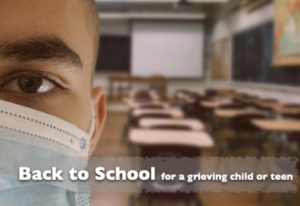The death of a younger person is upsetting not only for the immediate family that have experienced the loss, but also for the person’s extended family, friends and community members. We are left shaken and saddened to consider a life that ends too early. Whether the person who died was a young parent or a child, the death leaves us feeling lost for how best to help the grieving family members. However uncomfortable such a death makes us feel, we can make a difference in the lives of the surviving family members if we choose to not avoid or turn away from them.
The following are some suggestions for how to support a grieving family in your community.
- Reach out to the family. Death makes us uncomfortable, so we tend to avoid grieving families out of concern that we will do or say the wrong thing. Unfortunately, at the very time that they need their friends and community, bereaved families find that most people withdraw and disappear. Although it can feel uncomfortable at first, reaching out to the family lets them know you truly care.
- Don’t be afraid to say the words. Often grieving children and their parents don’t talk honestly about their death loss because they feel the need to protect others’ feelings. It is also important not to pry the family with too many questions, which can result in their feeling invaded. A balanced approach is to acknowledge the death openly and honestly, and offer to let the grieving person talk with you about their loss as they ready.
- Don’t minimize their loss. Seeing another person in pain is hard. We just want them to feel better. However, minimizing their loss makes them feel worse, not better. It is best to avoid statements like ‘he/she is in a better place’. Instead, better to speak the truth. For example, “I don’t have anything to say to make you feel better, but I care about you’.
- Offer concrete assistance. Ask the grieving family what they need, and let them know that it is not an inconvenience for you to help. So many grieving parents won’t ask for help because they do not want to impose on others. While food donations can provide comfort, often what is really needed is practical help, such as providing a regular drive to a child’s team sport practice, or picking up a few groceries, or providing occasional childcare so that the parent can get out of the house to run their own errands.
- Don’t say that you will help if you cannot keep your promise. Our instinct is to tell the grieving family that we are there for them, to help with whatever they need. However, it does more harm than good when many people make empty promises and then disappear. Best to offer only what you can truly manage to help with.
- Don’t be Offended if they refuse your help right now. The changes and emotional turmoil after the death of a close family member can cause grieving family members to feel overwhelmed and needing space. They may need time as a family to huddle together away from the rest of the world. The best response to rejection of your support is to offer a hug and let them know that you will be there ready to help when they need you.
- Keep in touch and check in, long after the funeral. Often grieving parents report that there was a flurry of people and activity up to and just after the funeral. Then many of the very people that they thought would be there for them disappear. We don’t have to know the absolutely right thing to say or do. Just spending time with the grieving person or family is helpful to them in their healing.
- Children and Teens grieve too. So often, the focus of support goes to the grieving parent, either because we forget that children and teens feel the death loss, or because we don’t know how to support them. It is important to let the child or teen know that we are there for them too. Children need honest language in order to come to understand and process the death, not euphemisms.
- Help build the memory bank of stories about the person who died. Rather than simply say ‘I’m sorry for your loss’, perhaps share an interesting or funny memory you have of the person who died. Better yet, follow up by taking some time at the computer to write your stories of the person and ways they touched your life, then send the stories (and pictures) to the grieving family. Children and teens need others to help them have a bank of memories of their person that they may carry throughout their life and help keep the person alive in their heart and mind.
- Grieving children and teens need permission and encouragement to continue having fun. Offer to take them on a fun outing. Distractions from mourning are normal and healthy. The grieving parents may want to come along, or they may choose to take a much-needed break for some self-care.
- Don’t Judge. Just as we all have unique personalities, each of us grieves in our own way. While some will cry and talk about their loss, other people will be more private and stoic. Children tend to ‘puddle jump’ in their grief, moving from a burst of tears one moment then back to fun and play a few minutes later. Regardless how the person appears on the outside, know that they are grieving their loss in the way that is most helpful for them at this time.
- Be patient. The grieving child, teen or parent may seem different than they were before the death, especially early on in their grief journey. Children may be more clingy, whining, distracted or unusually active. Teens may be irritable, brooding, or seem not to care about anything. Parents may seem to be in a fog, withdrawn, or easily frustrated. Your patience and expressions of caring will help the grieving family to come through this emotionally difficult time.
Understand and be sensitive to the fact that grief is a lifelong journey. Whether the death occurred a week, two months or years ago, the child and their family will grieve the loss throughout their life. We don’t get over our grief, we learn to live with it.
The greatest healing comes from the love and care of family and community.
If you have concerns for a grieving family in your community and feel it would be helpful to talk through how you can support them, you are welcome to contact The Lighthouse for a telephone consultation at 905-337-2333.
Prepared by The Lighthouse for Grieving Children









